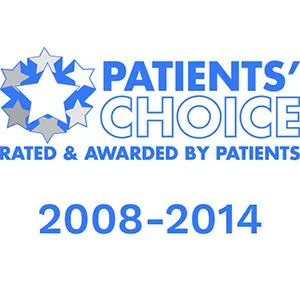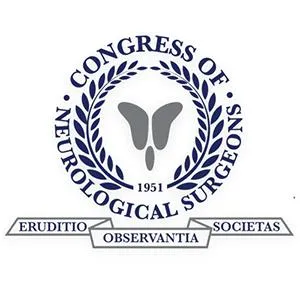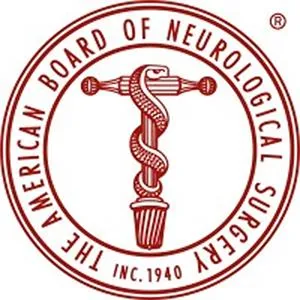Degenerative & Arthritic
Degenerative Joint Disease (DJD)
Treating DJD, the “Arthritis of the Spine”, in Phoenix, AZ
Degenerative joint disease (DJD) is another term for osteoarthritis — a condition where the cartilage in joints wears down over time. In the spine, DJD most often affects the facet joints, the small stabilizing joints located at each vertebral level. As cartilage thins and bone rubs against bone, pain, stiffness, and inflammation can develop. At Desert Spine and Pain, we know living with DJD can feel limiting. Led by Dr. David L. Greenwald, M.D., FAANS, FACS, one of the country’s top neurosurgeons, our Phoenix team focuses on precise diagnosis and tailored treatment — always starting conservatively and progressing step by step.

Over 100 5-Star Reviews!

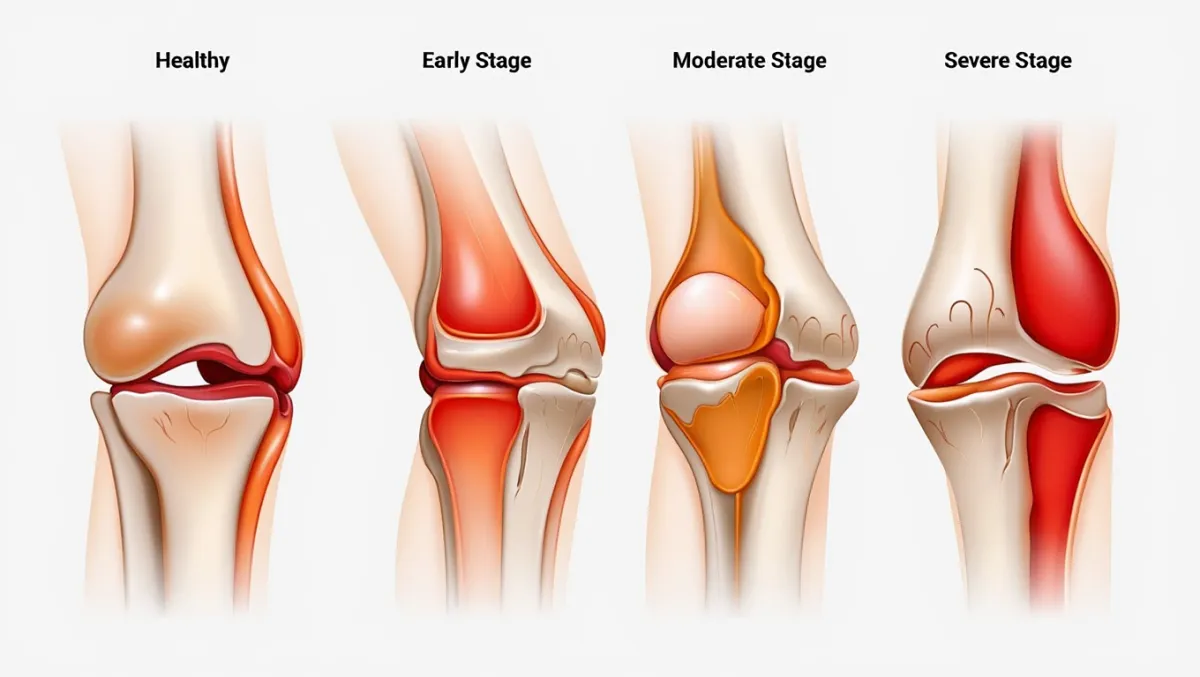
What Is Degenerative Joint Disease (DJD)?
Facet joints, located at the back of the spine, guide and stabilize movement. When these joints deteriorate due to aging or wear, they can:
Lose their smooth cartilage covering
Develop inflammation and swelling
Form bone spurs (osteophytes)
Contribute to spinal stenosis by narrowing nerve passageways
DJD is one of the most common causes of chronic back or neck pain in adults over 50.
Causes and Risk Factors
Aging – The most common factor in joint degeneration
Repetitive stress – Heavy lifting, twisting, or prolonged posture strain
Previous injury – Trauma accelerates arthritis development
Genetics – Family history of arthritis
Obesity – Extra body weight stresses spinal joints
Smoking – Reduces blood flow and accelerates cartilage breakdown
Symptoms of DJD
Localized back or neck pain (aching, stiff, worse with movement)
Morning stiffness that improves with gentle activity
Pain aggravated by standing, walking, or twisting
“Locking” or “grinding” sensations in the back
Radiating leg or arm pain if nerve roots are compressed
Reduced flexibility and mobility
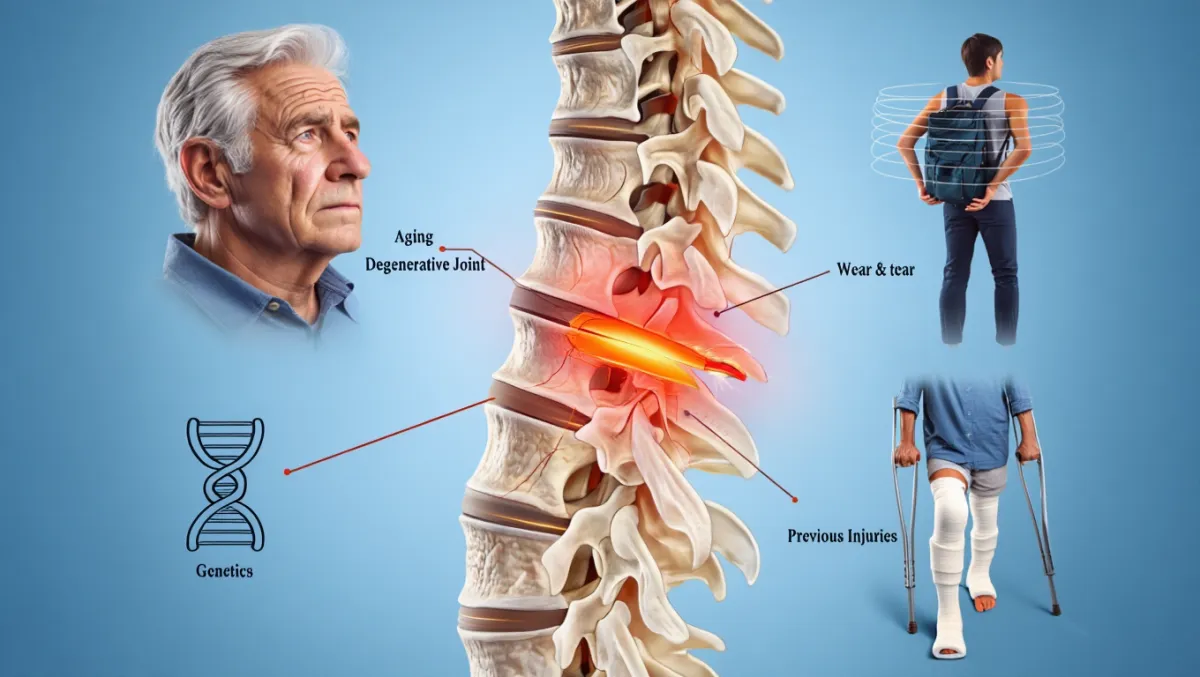
Diagnosis
At Desert Spine and Pain, evaluation for DJD includes:
History & exam – Understanding symptom patterns and functional limits
Imaging –
X-rays to show joint space narrowing and bone spurs
MRI to evaluate facet joints, discs, and nerves
CT in select cases for bone detail
Diagnostic injections – Facet joint blocks may be used to confirm the source of pain
Treatment Options
Conservative Care
Medications (anti-inflammatories, pain relievers)
Physical Therapy for posture, core strength, and flexibility
Ergonomic and lifestyle changes (weight loss, smoking cessation)
Heat/ice for symptom relief
Interventional Pain Management
Facet joint injections for temporary relief
Medial branch blocks to test nerve involvement
Radiofrequency ablation (RFA) to disable tiny pain nerves for months at a time
Epidural Steroid Injections if stenosis or nerve irritation is present
Surgical Options
If conservative measures fail and DJD causes significant instability or nerve compression:
Laminectomy / Foraminotomy to relieve stenosis
Spinal Fusion to stabilize severely degenerated segments
Minimally Invasive Surgery (MIS) for faster recovery when surgery is needed
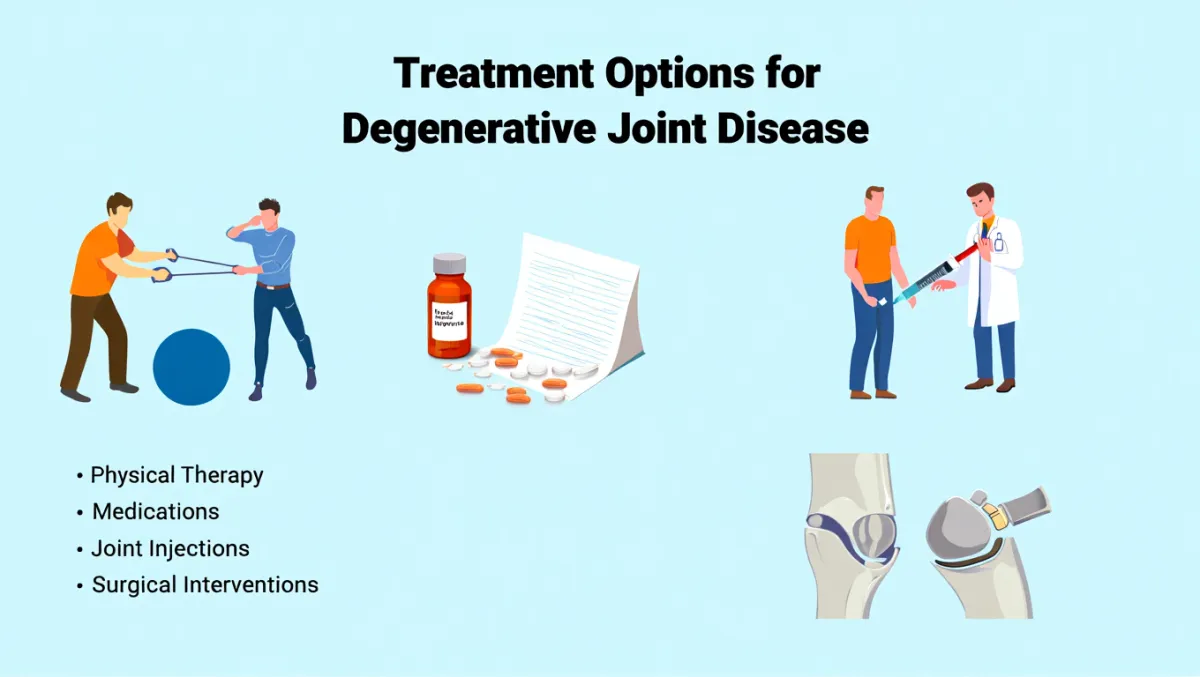
Recovery Timeline
Mild arthritis – Improves with therapy and injections within weeks
RFA – Relief may last 6–12 months, often repeatable
Surgery – MIS recovery often 6–12 weeks; fusion takes several months
Why Choose Desert Spine and Pain?
Nationally recognized neurosurgeon – Dr. Greenwald specializes in treating degenerative spine disorders with advanced precision
Conservative-first philosophy – Surgery is only recommended when absolutely necessary
Comprehensive care – From therapy to injections to surgical expertise
Compassionate support – Helping patients feel reassured about their diagnosis and treatment options
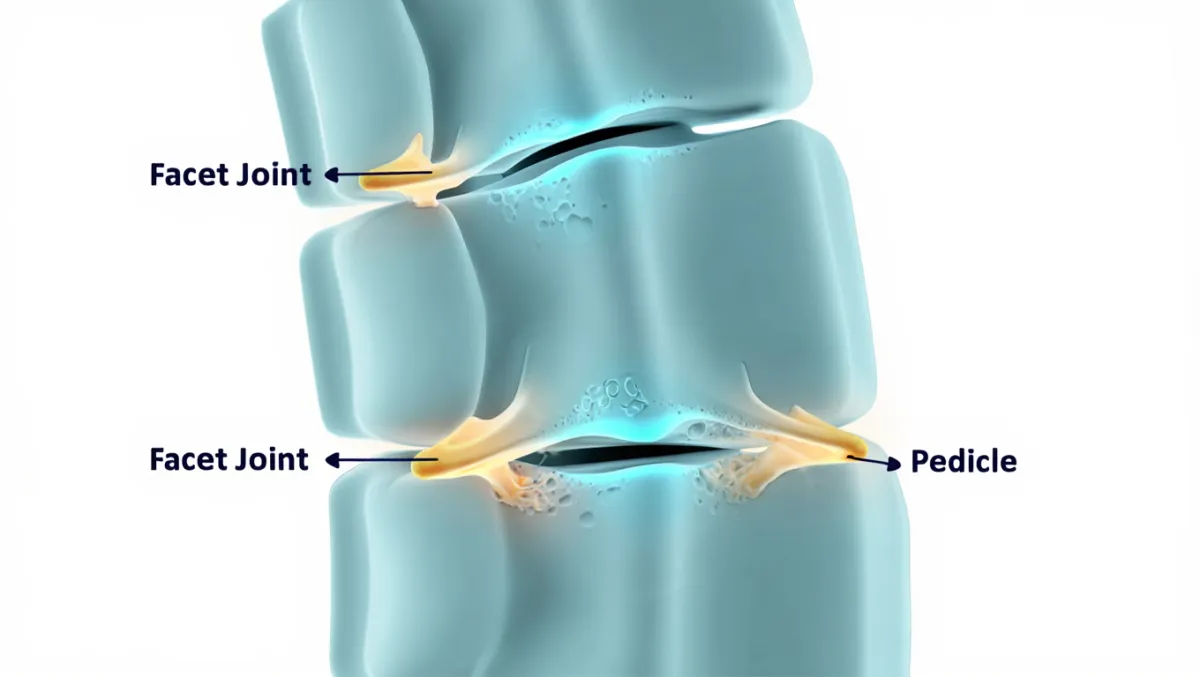
Frequently Asked Questions
Is degenerative joint disease the same as osteoarthritis?
Yes. DJD is another name for osteoarthritis, specifically referring to wear-and-tear arthritis of the joints.
Can degenerative joint disease be cured?
No. DJD is not reversible, but symptoms can be managed successfully with therapy, injections, and lifestyle changes.
Does DJD always lead to surgery?
No. Most patients manage DJD conservatively. Surgery is only for severe cases with instability or nerve compression.
How long does relief from radiofrequency ablation last?
Typically 6–12 months, and the procedure can be repeated if pain returns.
How does Desert Spine and Pain approach DJD differently?
We provide precise diagnosis, conservative-first care, and, when needed, minimally invasive surgery under the expertise of Dr. Greenwald.




Dr. David L. Greenwald, MD
Neuro-Spine Surgeon

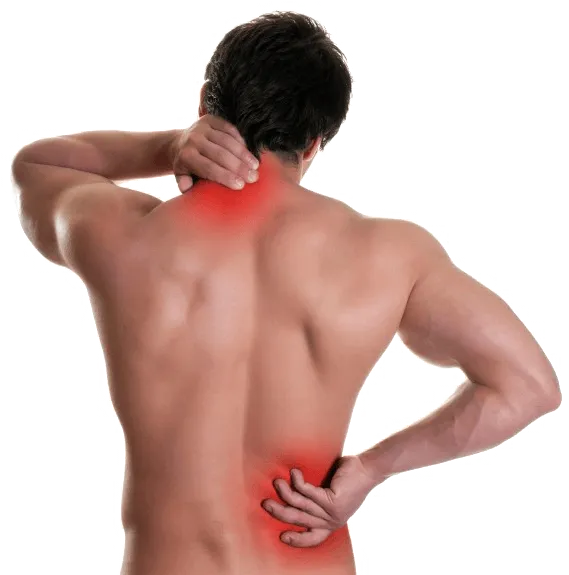
Call Now!
Desert Spine and Pain
A Spine Specialist is standing by.
Relief is just a phone call away!
Available Around the Clock.
Phone: (602) 566-9500
Email: [email protected]
Contact Us

Schedule a DJD Consultation
If degenerative joint disease is limiting your mobility or causing daily pain, Dr. Greenwald and his compassionate team are here to help you find lasting relief. Through expert evaluation and tailored treatment, we’ll work together to restore comfort, strength, and confidence in your movement. Every step you take toward better spine health is a step toward a more active and pain-free life. Schedule your consultation today and begin your journey toward renewed spinal health and comfort.
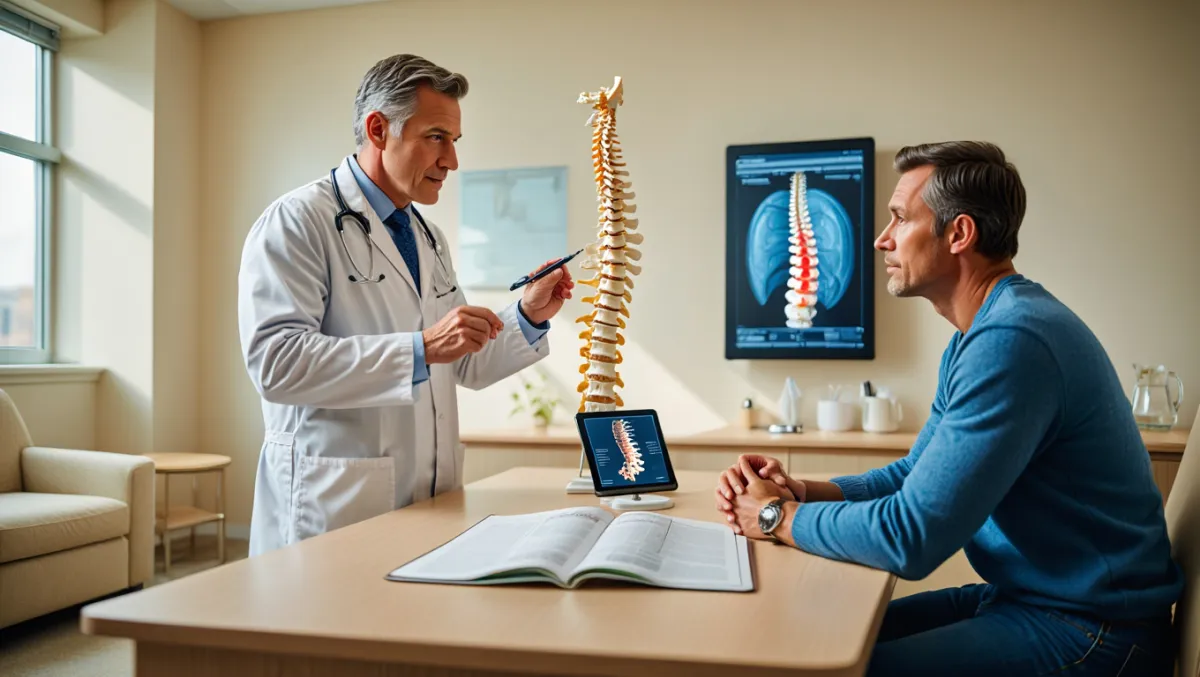
Voted Best Spine Doctor
Over 30 Years Experience in Orthopedic & Neuro Spine Surgeries.

Dr. David L. Greenwald, M.D., F.A.C.S.
Neurosurgeon | Spine Surgeon | Regenerative Medicine
Dr. David L. Greenwald, MD, FACS, is a board-certified spine surgeon with extensive experience treating degenerative joint disease (DJD), also known as spinal osteoarthritis. This condition develops when the cartilage that cushions the facet joints in the spine gradually wears away, leading to stiffness, inflammation, and chronic back or neck pain. Dr. Greenwald takes a comprehensive approach to diagnosis and treatment, combining advanced imaging with personalized care plans that may include physical therapy, targeted injections, and minimally invasive surgery when needed. His precision and commitment to patient well-being help individuals throughout South Florida find relief, restore flexibility, and maintain a more active lifestyle.
Book your Spine Care Consultation Today!


Desert Spine and Pain
Patient Centered & Partner Focused
Quick Links
Resources
Connect With Us
© Desert Spine and Pain. 2026. All Rights Reserved. Sitemap





